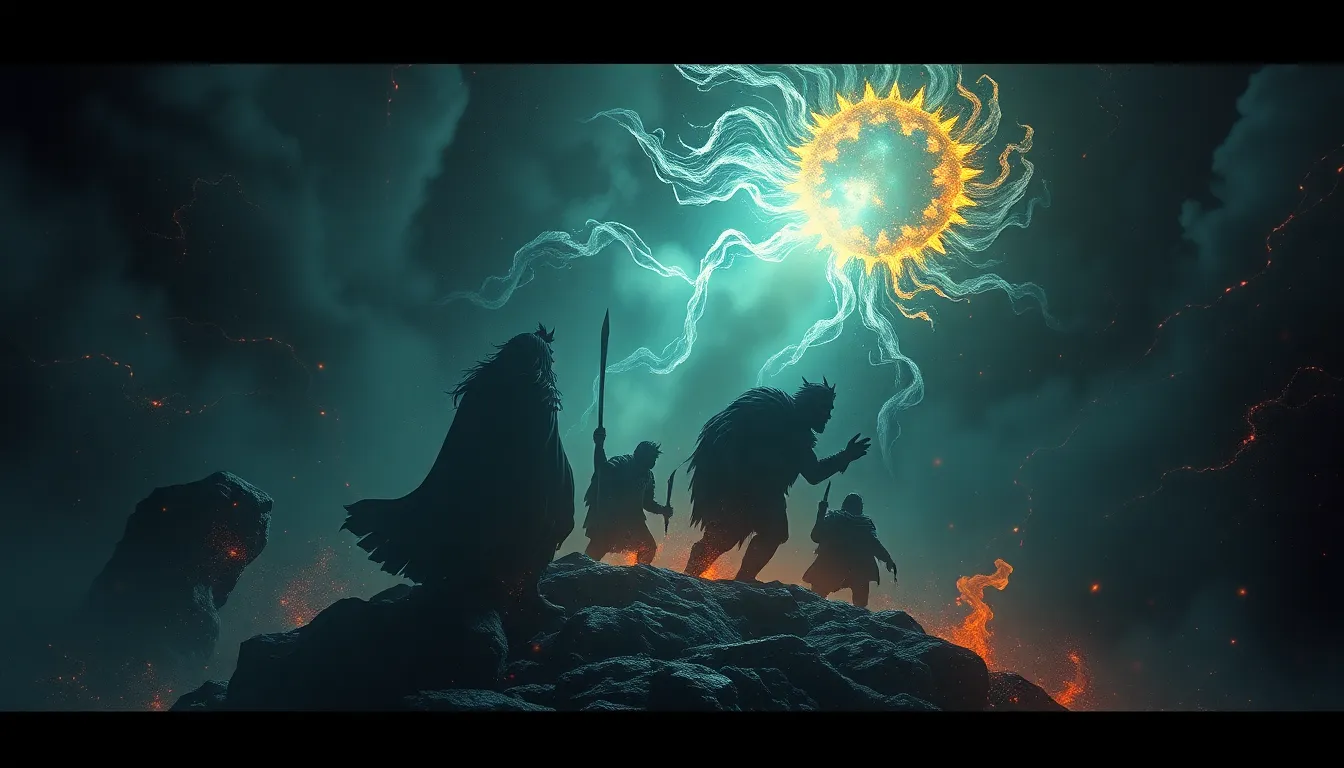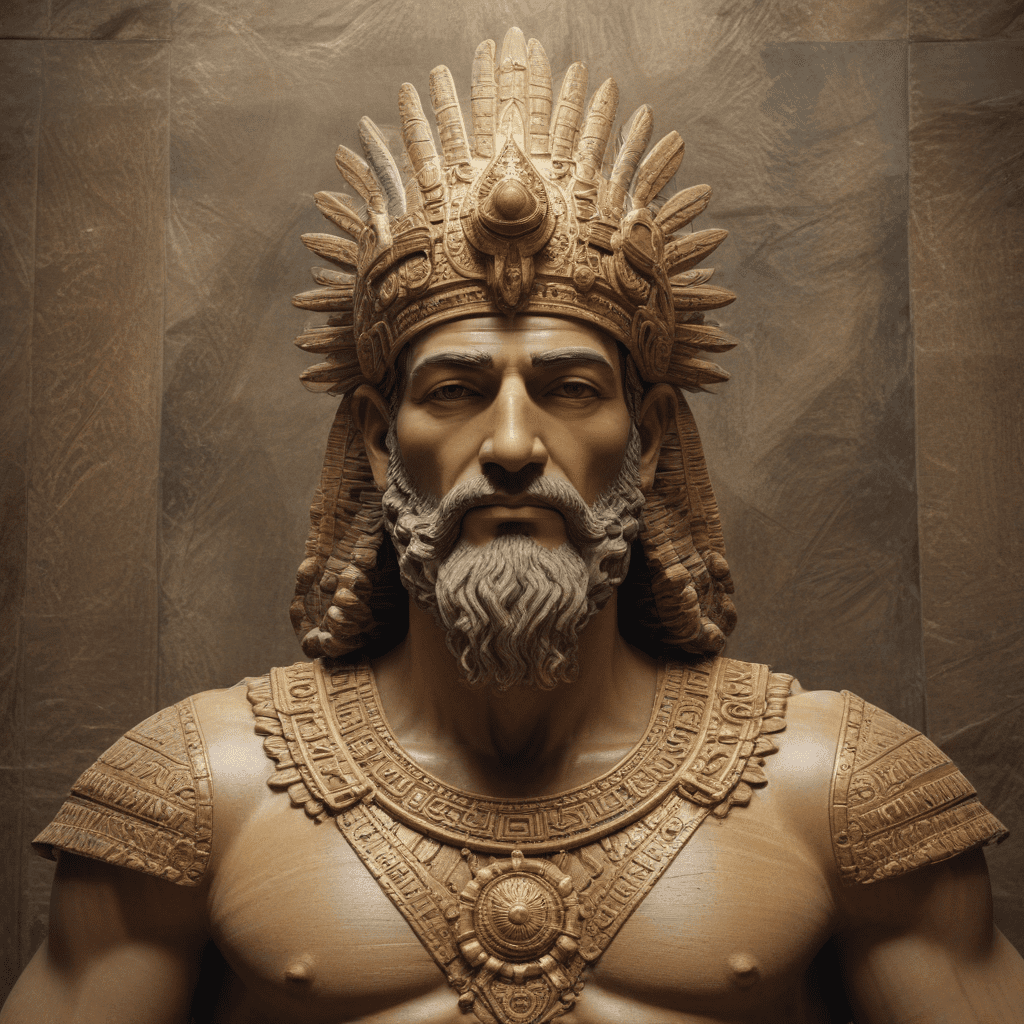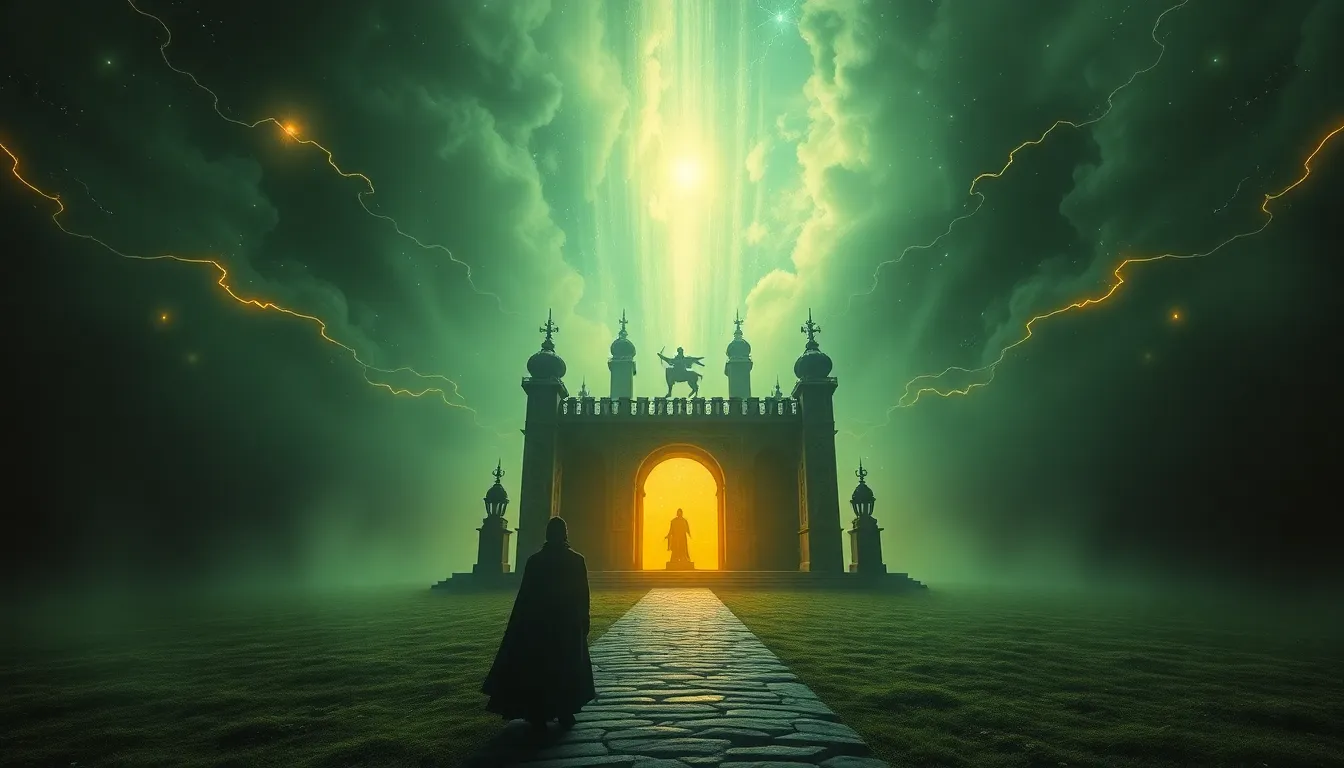Cultural Heroes: The Myths That Connect Us All
I. Introduction
Cultural heroes are figures that embody the values, beliefs, and aspirations of a society. They often serve as symbols of courage, sacrifice, and resilience, representing the ideals that a culture cherishes. Myths surrounding these heroes play a crucial role in shaping societies, providing narratives that connect generations and instill a sense of identity.
This article will explore the concept of cultural heroes across different cultures, examining their significance in mythology, literature, and modern society. By understanding these figures, we can appreciate the universal themes that bind us together, despite our diverse backgrounds.
II. The Concept of a Cultural Hero
A cultural hero typically possesses certain characteristics that distinguish them from ordinary individuals. These may include:
- Extraordinary Abilities: Cultural heroes often exhibit skills or powers that set them apart.
- Relatability: Despite their extraordinary traits, they often face challenges similar to those of everyday people.
- Symbolism: They embody the values and ideals of their culture, representing hope, courage, or justice.
Cultural heroes serve critical roles in mythology and folklore, often acting as protectors of their people or as agents of change. Some well-known cultural heroes include:
- Hercules: A hero from Greek mythology known for his strength and bravery.
- King Arthur: The legendary British leader symbolizing nobility and chivalry.
- Mulan: A Chinese heroine who embodies bravery and loyalty.
III. The Historical Context of Myths
Myths originated as a means for societies to explain the world around them, addressing fundamental questions about existence, morality, and order. They often arose from the need to convey cultural values and collective experiences. Throughout history, cultural heroes have evolved, reflecting changes in societal values and historical events.
For instance, the narratives surrounding cultural heroes may shift in response to:
- Wars: Heroes may emerge from conflicts, symbolizing resilience and sacrifice.
- Social Movements: Figures may be reinterpreted to reflect contemporary struggles for justice and equality.
Thus, the stories of cultural heroes are not static; they evolve alongside the societies that revere them.
IV. Universal Themes Among Cultural Heroes
Across various cultures, certain themes and archetypes recur in the narratives of cultural heroes. Common traits include:
- Bravery: The willingness to confront adversity.
- Selflessness: Putting the needs of others before one’s own.
- Transformation: The journey often leads to personal growth or enlightenment.
The hero’s journey, as popularized by Joseph Campbell, includes stages such as:
- Call to Adventure
- Crossing the Threshold
- Trials and Challenges
- Return and Reintegration
These journeys frequently convey moral and ethical lessons, encouraging individuals to embody the ideals represented by these heroes.
V. Cultural Heroes in Literature and Arts
Cultural heroes have significantly influenced literature and the arts, inspiring countless works. In literature, they often serve as protagonists, driving the narrative and embodying the themes of the story. For example:
- The Iliad: Features Achilles, whose strength and rage define his character.
- The Epic of Gilgamesh: Chronicles the journey of its titular hero, exploring themes of friendship and mortality.
In visual arts, cultural heroes are depicted in paintings, sculpture, and film, often glorifying their deeds and ideals. Works such as:
- Michelangelo’s David: Celebrates the biblical hero’s courage.
- Disney’s Mulan: Reinterprets the tale of a heroic female figure for modern audiences.
VI. The Role of Cultural Heroes in Modern Society
In contemporary culture, cultural heroes continue to hold relevance. They often reflect current values or diverge from traditional narratives:
- Modern Heroes: Figures like activists and leaders may take on heroic qualities in social justice movements.
- Media Influence: Films, books, and social media shape the perception of heroes, sometimes leading to idealization or criticism.
Through their stories, modern heroes can inspire collective action and resilience, demonstrating that the essence of heroism remains vital.
VII. Cross-Cultural Comparisons of Heroes
Studying cultural heroes across different societies reveals both similarities and differences in their narratives. For instance:
- Superman (USA) vs. Sun Wukong (China): Both represent strength and justice but embody different cultural values.
- Robin Hood (England) vs. Hiawatha (Native American): Each hero reflects unique societal struggles and ideals.
Such comparisons promote understanding and appreciation of cultural diversity, highlighting how shared human experiences manifest in different ways.
VIII. The Psychological Impact of Cultural Heroes
Cultural heroes play a significant role in shaping identity and community. They provide:
- Role Models: Individuals can draw inspiration from heroes, shaping their values and aspirations.
- Community Bonding: Shared admiration for heroes fosters a sense of belonging.
Moreover, hero worship can have psychological benefits, offering hope and a framework for personal and collective healing during challenging times.
IX. Challenges and Critiques of Cultural Hero Narratives
While cultural heroes can inspire, their narratives are not without challenges:
- Oversimplification: Heroes may be idealized, leading to unrealistic expectations.
- Cultural Appropriation: Modern depictions can sometimes misrepresent or exploit cultural narratives.
- Disillusionment: Contemporary discourse may lead to skepticism regarding the virtues of traditional heroes.
X. Conclusion
Cultural heroes and the myths surrounding them are essential to understanding our shared humanity. They serve as bridges between cultures, offering insights into universal themes of bravery, sacrifice, and resilience. By appreciating these heroes, we can learn valuable lessons that resonate across time and space, reminding us of the enduring power of myths to connect us all.
As we navigate a complex world, recognizing and learning from our cultural heroes can foster empathy and promote understanding among diverse communities.



